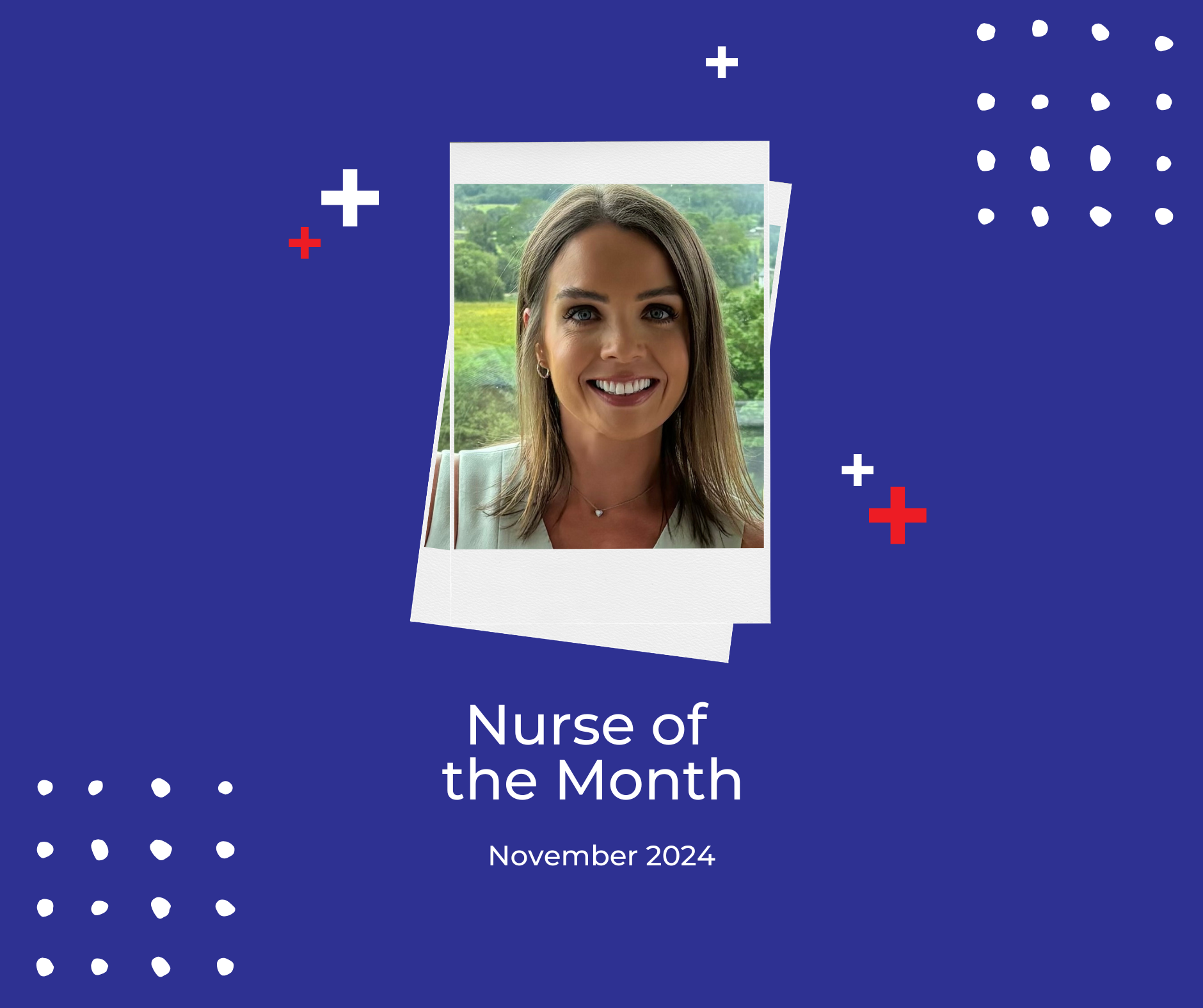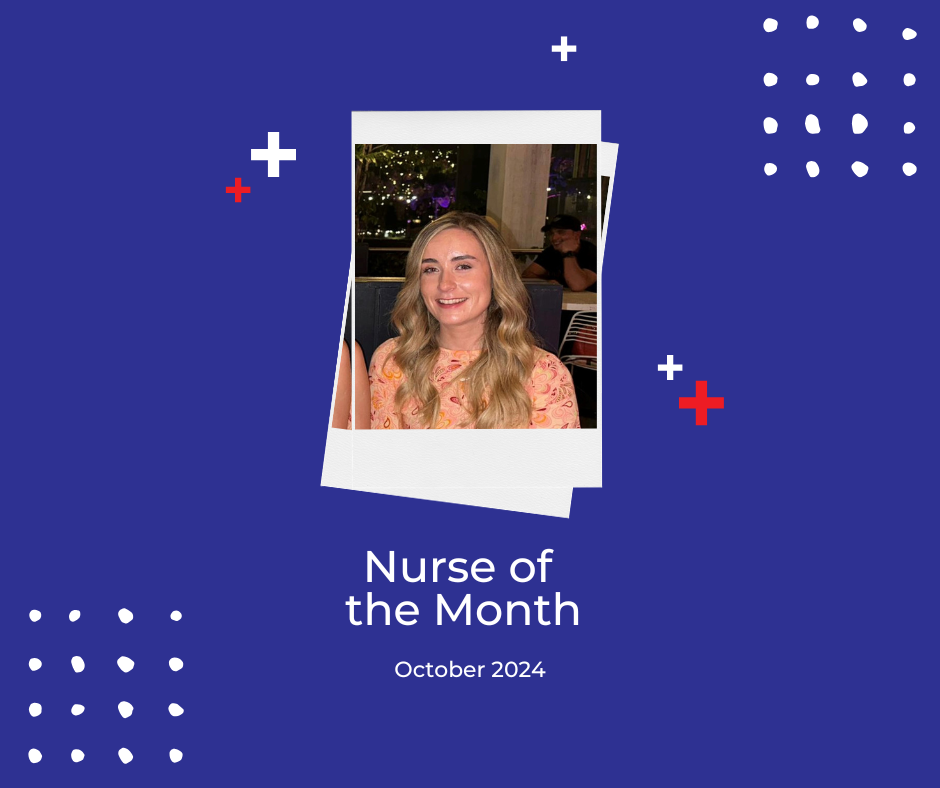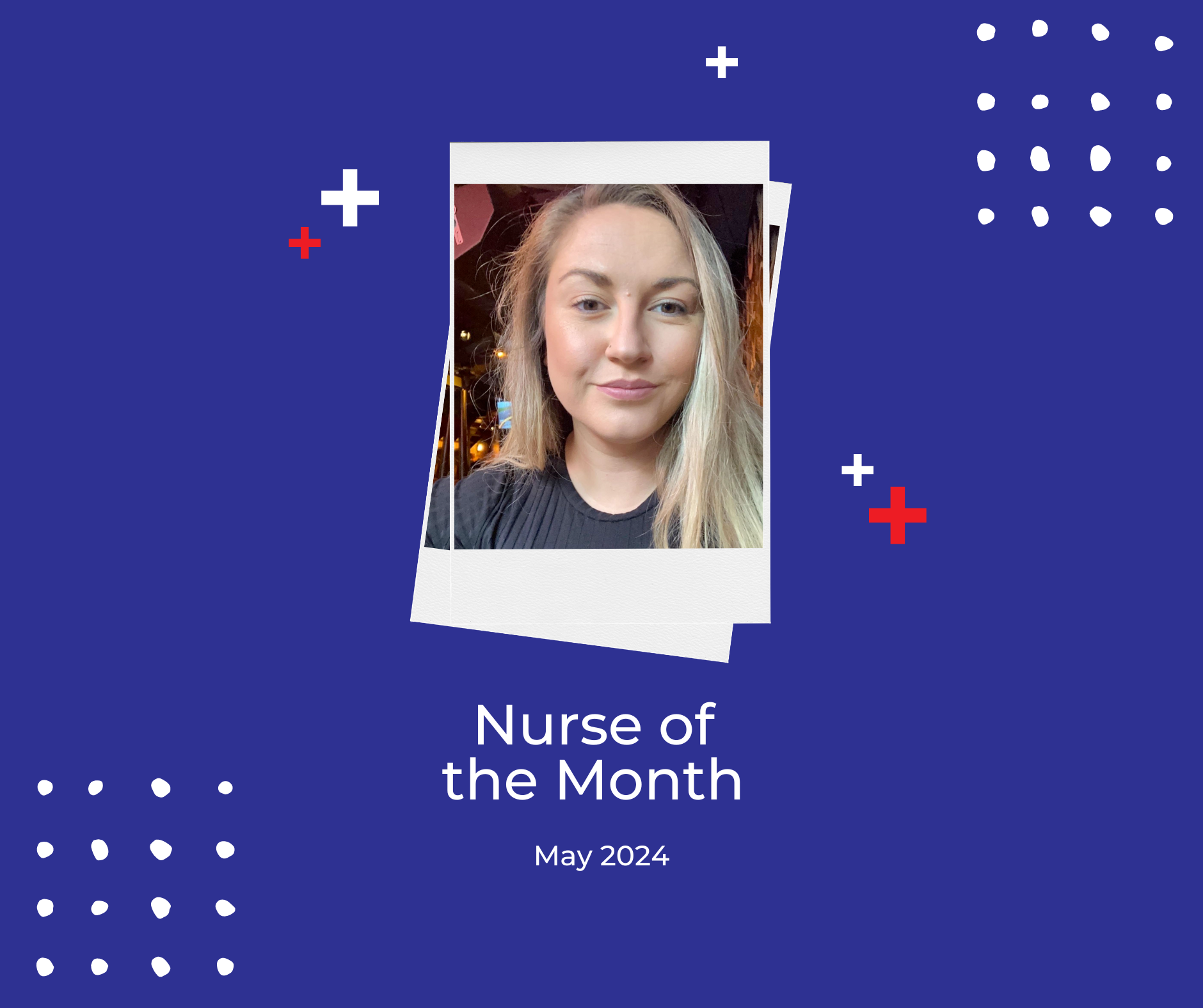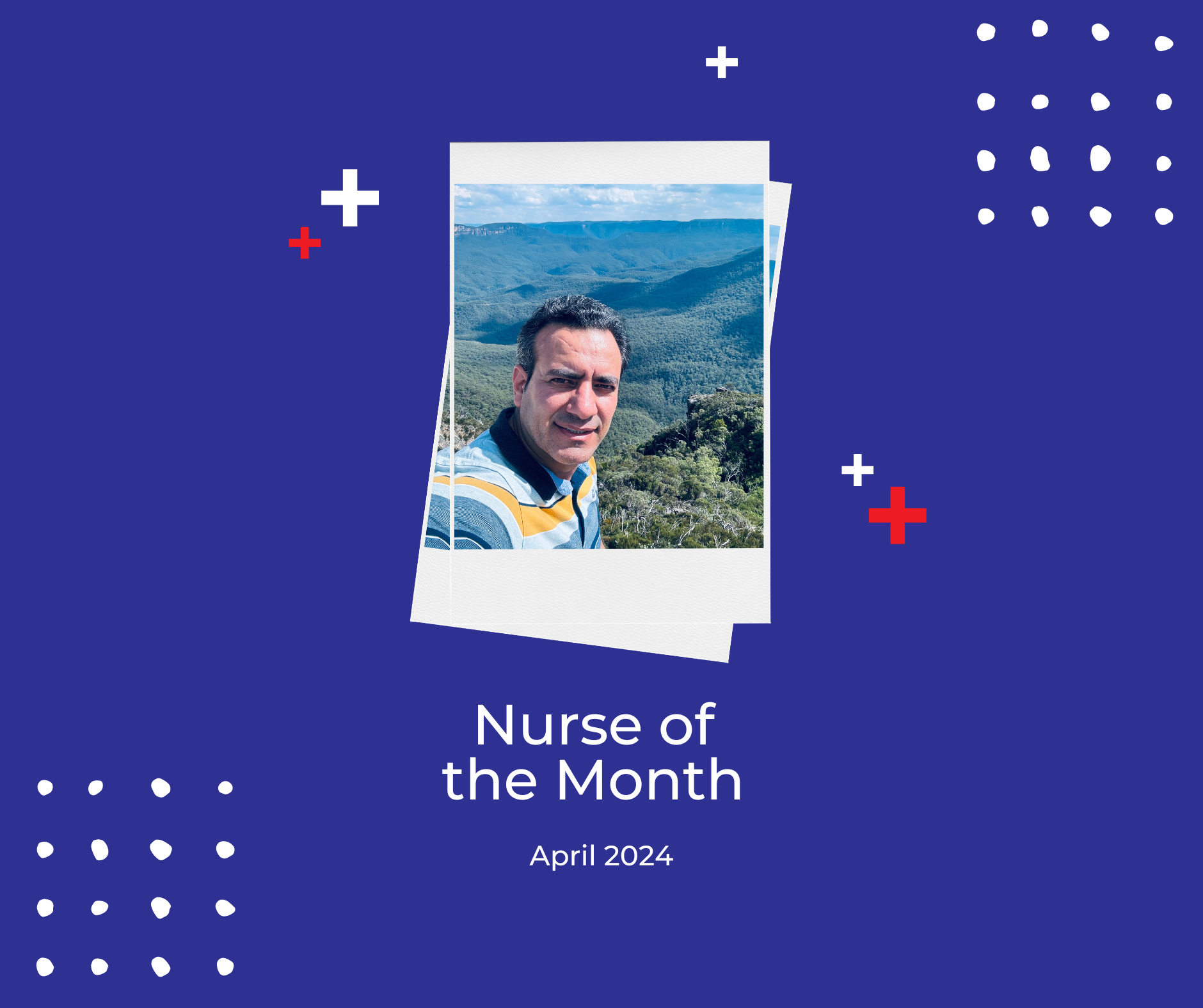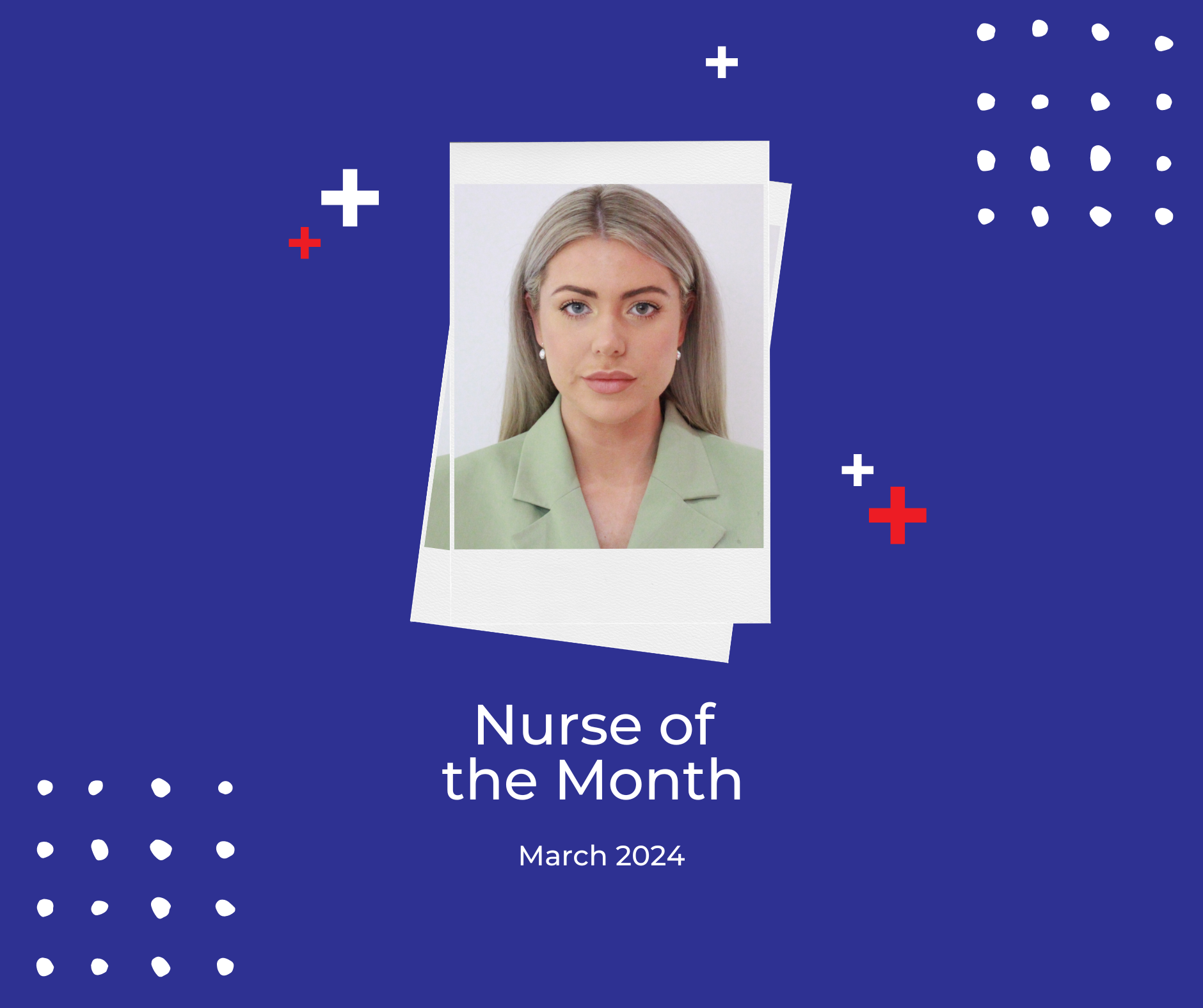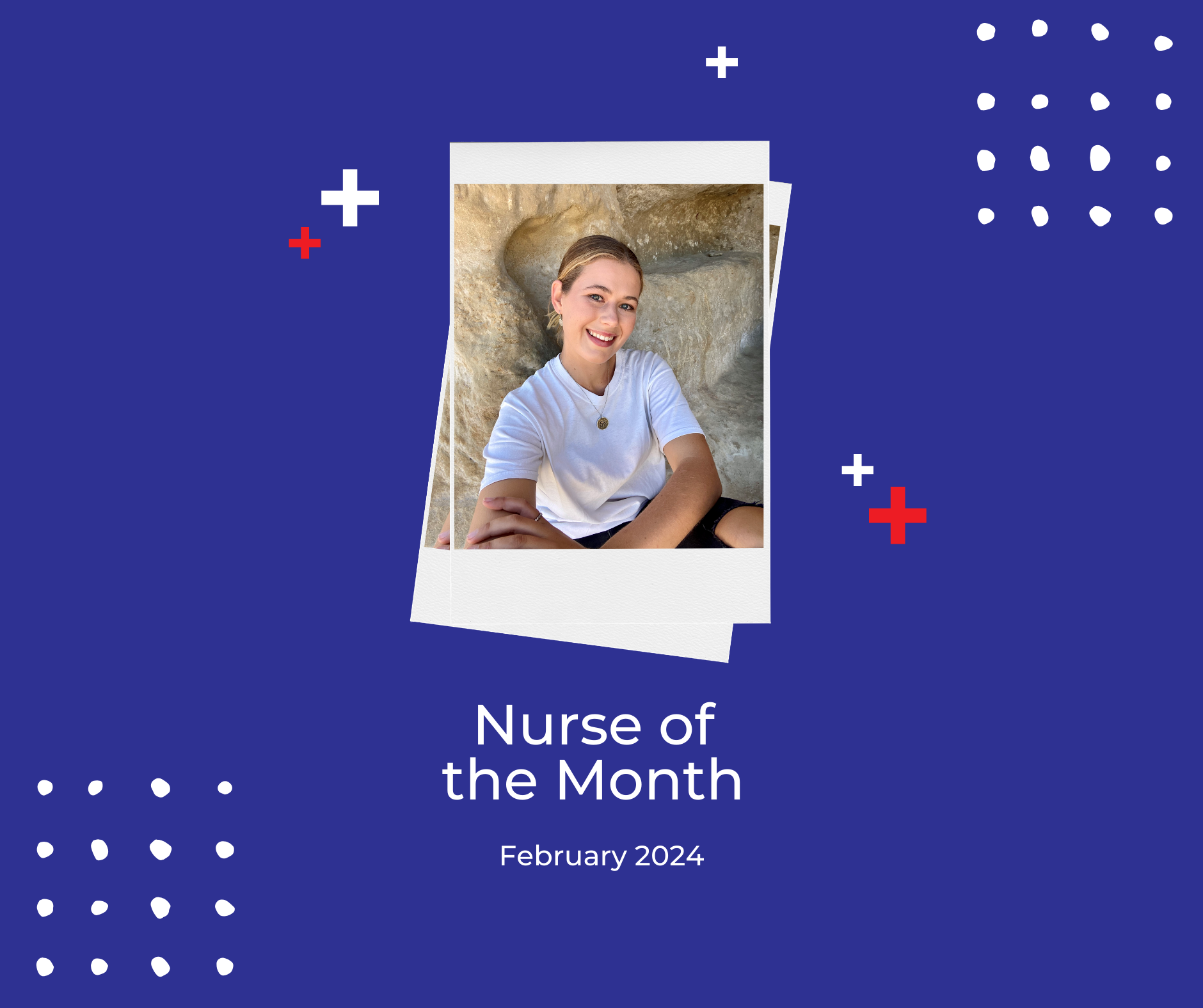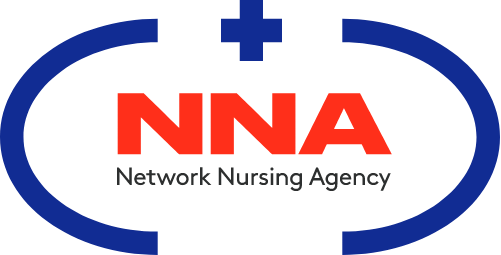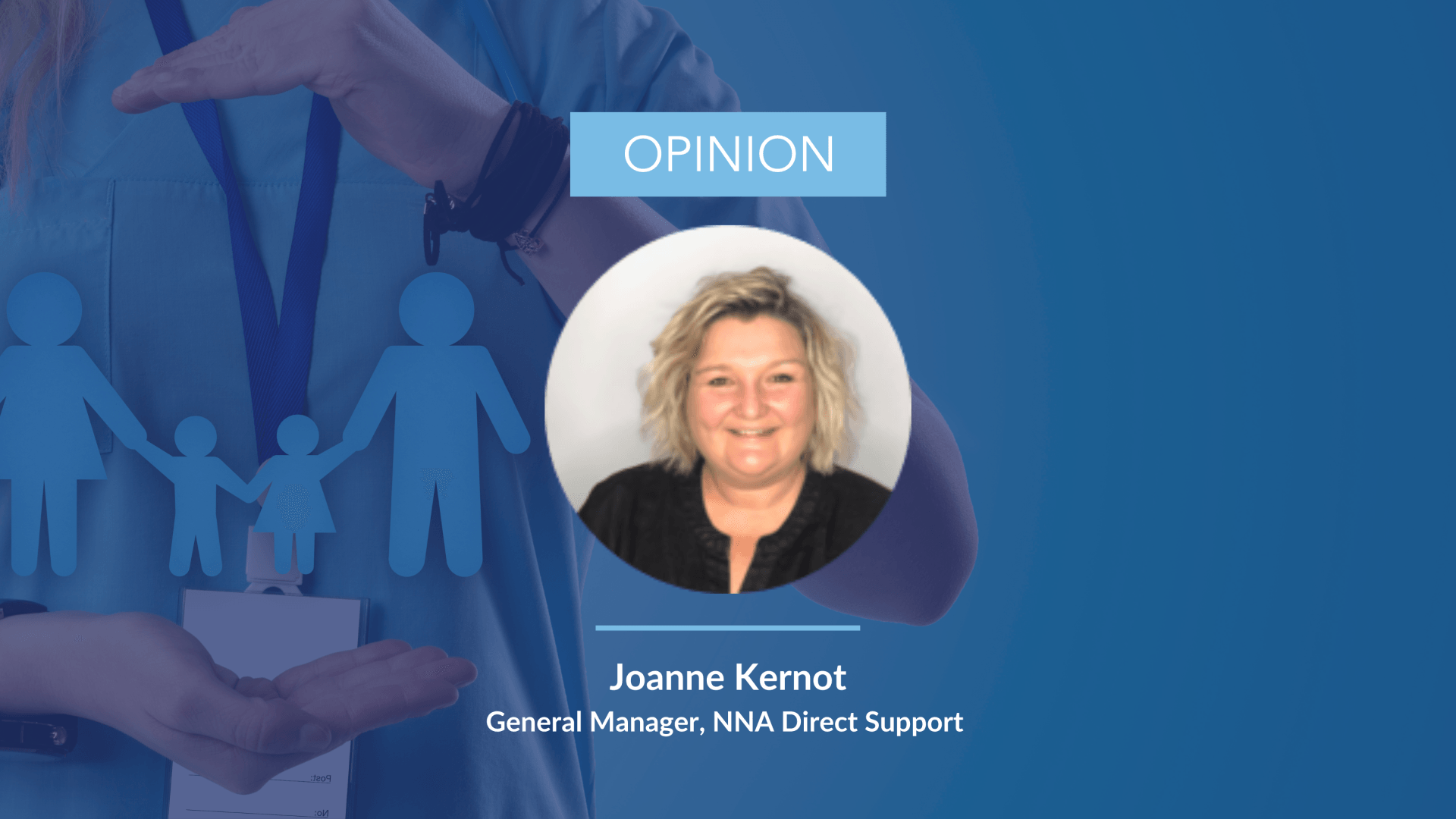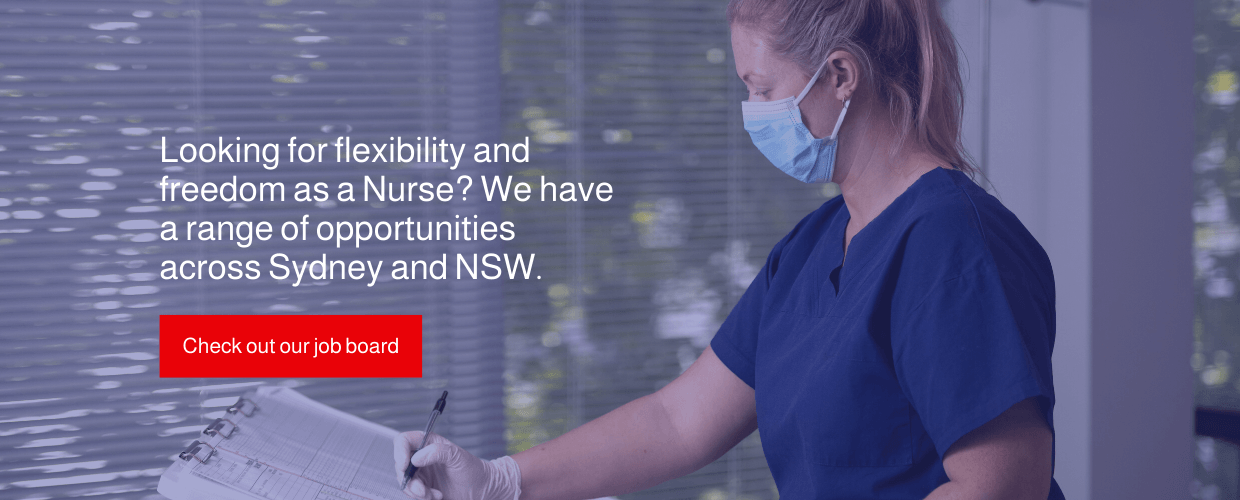Why more needs to be done to fix health inequality for people with disabilities
Around budget time, there’s a term I hear, every year - that term is ‘a fair go’ So it is with a familiar disappointment that I write this with the 2021 - 2022 Government Budget in mind, confirming that once again, people with a disability have been denied ‘a fair go’
Measures requested under the United Nations Convention on the Rights of Persons with a Disability have been overlooked, which will have huge ramifications on health outcomes for persons with a disability. Sadly, this will only serve to reinforce health inequality in our communities, which is particularly poignant in a post-pandemic era when many people with a disability have been acutely impacted. People with Disability Australia (PWDA)labelled the budget‘not a budget for people with disability' PWDA President Samantha Connor stated that the Government had missed an opportunity to level the playing field for people with a disability.
Here’s a sobering fact for you, people with disabilities are 10 times more likely than people without disability to have poor health. The average age of death for adults with an intellectual disability is 27 years less, that’s 54 vs 81 years.
Access to healthcare services certainly contributes, but the issue is much wider and includes cultural factors, education and a provision of a safe place to live alongside compromised nutrition, political and socioeconomic factors. People with a disability often endure restrictive practices, lack of freedom, denial of legal capacity and forced medical treatments - all leading to poor health outcomes.
The Australian Institute of Health and Welfare reports that due to cost, 20% of people with a disability do not see a doctor, this figure jumps to 66% for visits to the dentist. Many people with a disability report hesitancy to reach out for health service support as they feel health care providers do not understand their needs.
Only 64,000 people with psychosocial disability will be eligible for the NDIS out of the more than 700,000 Australia diagnosed with a severe mental illness every year.
I believe these data points are a call to action, to do better and to give people with a disability a fair go. I have a few ideas in response to the 2021 - 2022 Budget. Here’s what I’ve come up with.
- Increased resourcing for NDIS nursing supports is desperately needed - a challenge we continue to navigate every day at NNA Direct Support Service
- Funding to ensure people living with disability have access to annual health and wellbeing assessments. The budget did announce funding for Annual Health Assessments through the use of the CHAP tool ($6.7 million) but this was identified only for people with an Intellectual Disability, I believe this should be available for anyone who needs it. It's vitally important that this assessment is completed by appropriate health professionals who have experience working with people with additional support needs. The assessment also needs to include a care plan and support that assists the person to make appointments with health and allied health services to meet their health needs. It should also be independent to their main NDIS provider.
- Psychosocial support needs must be addressed - regardless of NDIS eligibility, this support needs attention and additional funding
- An expansion of speciality services to enable mainstream healthcare services to better meet the need of people with disabilities. Equipping this area will reduce the burden on overloaded public health systems, this includes a commitment to collaborative discharge planning between hospitals and disability support providers to ensure best outcomes for people leaving hospital for planned or unplanned reasons.
Investing in proactive health care for people with disabilities not only supports the individual and provides the care they need, but it also reduces costs in the long term by focusing on preventative health care. Fostering a more holistic view of what disability support and care look like will go a long way in forging better health outcomes and fixing health inequality for people with disabilities.
-
Joanne Kernot General Manager, NNA Direct Support Service
